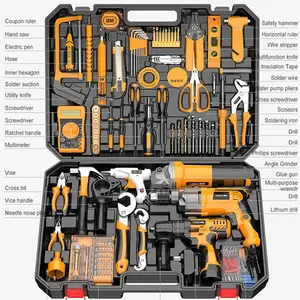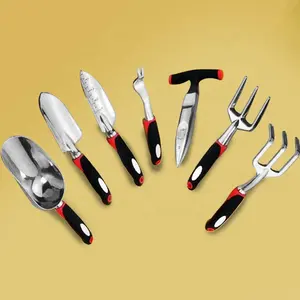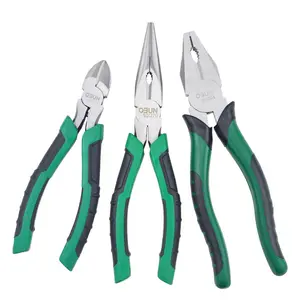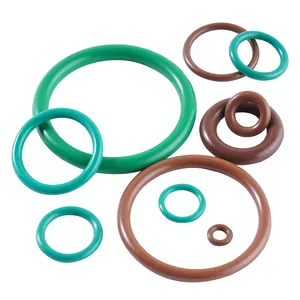Popular in your industry
















Related Searches:

























Top categories
About installation auxiliary tools
Exploring Installation Auxiliary Tools
Installation auxiliary tools encompass a broad category of instruments designed to assist in various installation tasks. These tools serve as the backbone for both professional contractors and DIY enthusiasts, providing the necessary means to execute a project with precision and efficiency. From the initial stages of marking and measuring to the final touches of tightening and polishing, these tools are indispensable for a wide range of applications.
Types and Applications
The diversity of installation tools is vast, catering to different phases of installation work. Drills, for instance, are essential for creating precise holes and fastening components with screws, adaptable to various materials and project scales. For woodwork, table saws and hand saws are crucial for achieving accurate cuts, while chainsaws facilitate the removal of tree branches post-storm. Sanders, with their dust-blowing capabilities, ensure a clean work surface, essential for the subsequent application of finishes. Paint sprayers, on the other hand, enable even coating applications across surfaces.
Features and Materials
The construction of installation auxiliary tools often involves robust materials such as high-grade steel and durable plastics, ensuring longevity and reliability. Ergonomic designs are common, aimed at reducing user fatigue and improving grip. For example, pliers not only provide the strength to cut through metal but also feature handles designed for comfort and non-slip performance. Similarly, wrench sets, including adjustable and oil filter wrenches, are crafted for leverage and precision.
Advantages of Auxiliary Tools
The advantages of utilizing a comprehensive set of installation tools are manifold. They not only enhance the efficiency of installation tasks but also contribute to the accuracy and quality of the work. A well-equipped toolbox can significantly reduce the time spent on installation projects, while also ensuring that each task is performed correctly, thereby minimizing the potential for errors and rework.
Selection of Installation Tools
When selecting installation auxiliary tools, it is important to consider the specific requirements of the project at hand. Tools such as chisels and hammers are versatile, suitable for a variety of materials including wood, stone, and metal. For more specialized tasks, tools like socket wrenches, hand planers, and needle nose pliers may be necessary to achieve the desired outcome. Additionally, for heavy-duty tasks, sledgehammers and log splitters are available to tackle the more demanding aspects of installation work.
Conclusion
In conclusion, the range of installation auxiliary tools available is extensive and tailored to meet the needs of various installation projects. These tools are designed with both functionality and user experience in mind, ensuring that every task, from the simplest to the most complex, can be completed with ease and precision. For professionals and DIY enthusiasts alike, having the right tools at hand is the key to successful installation work.


























